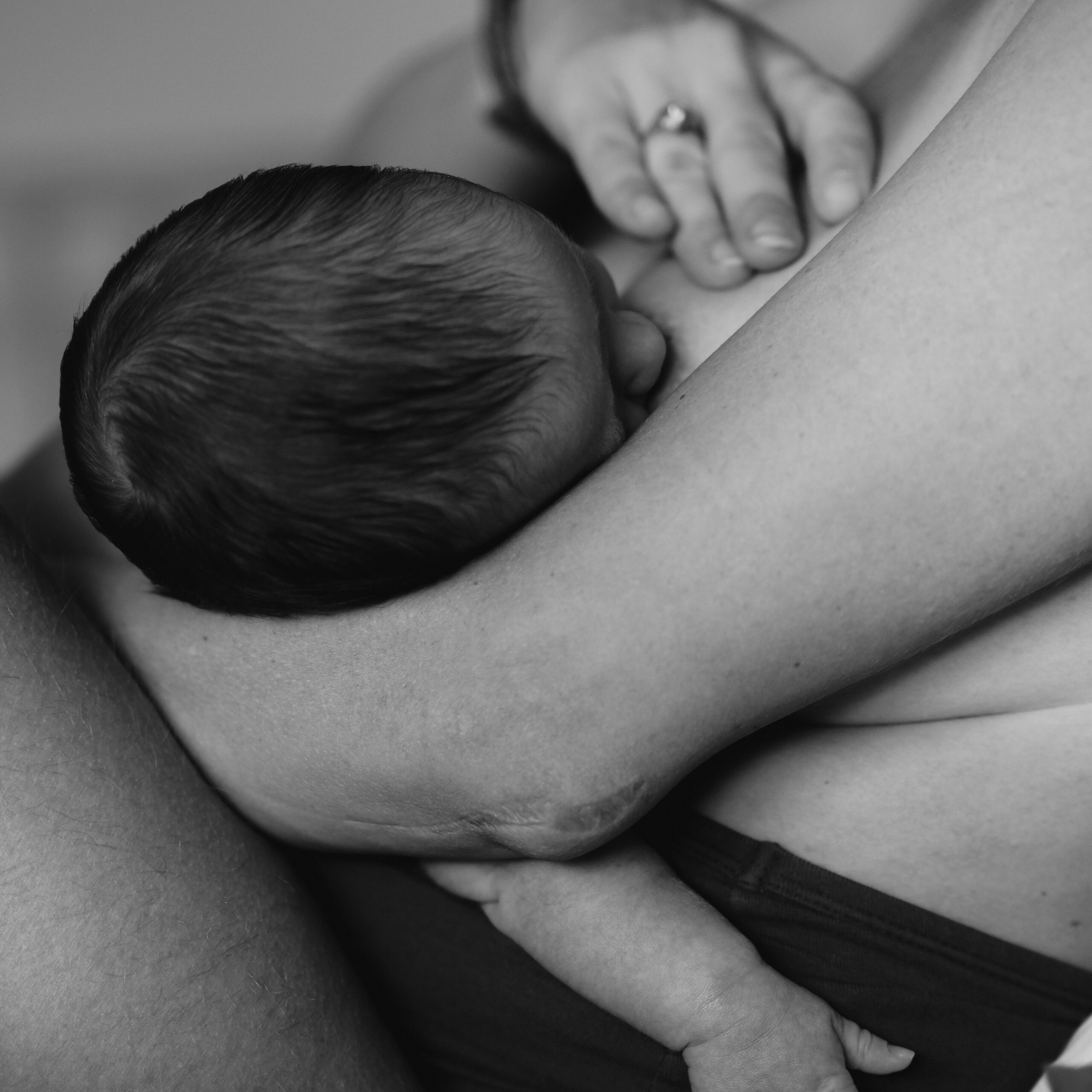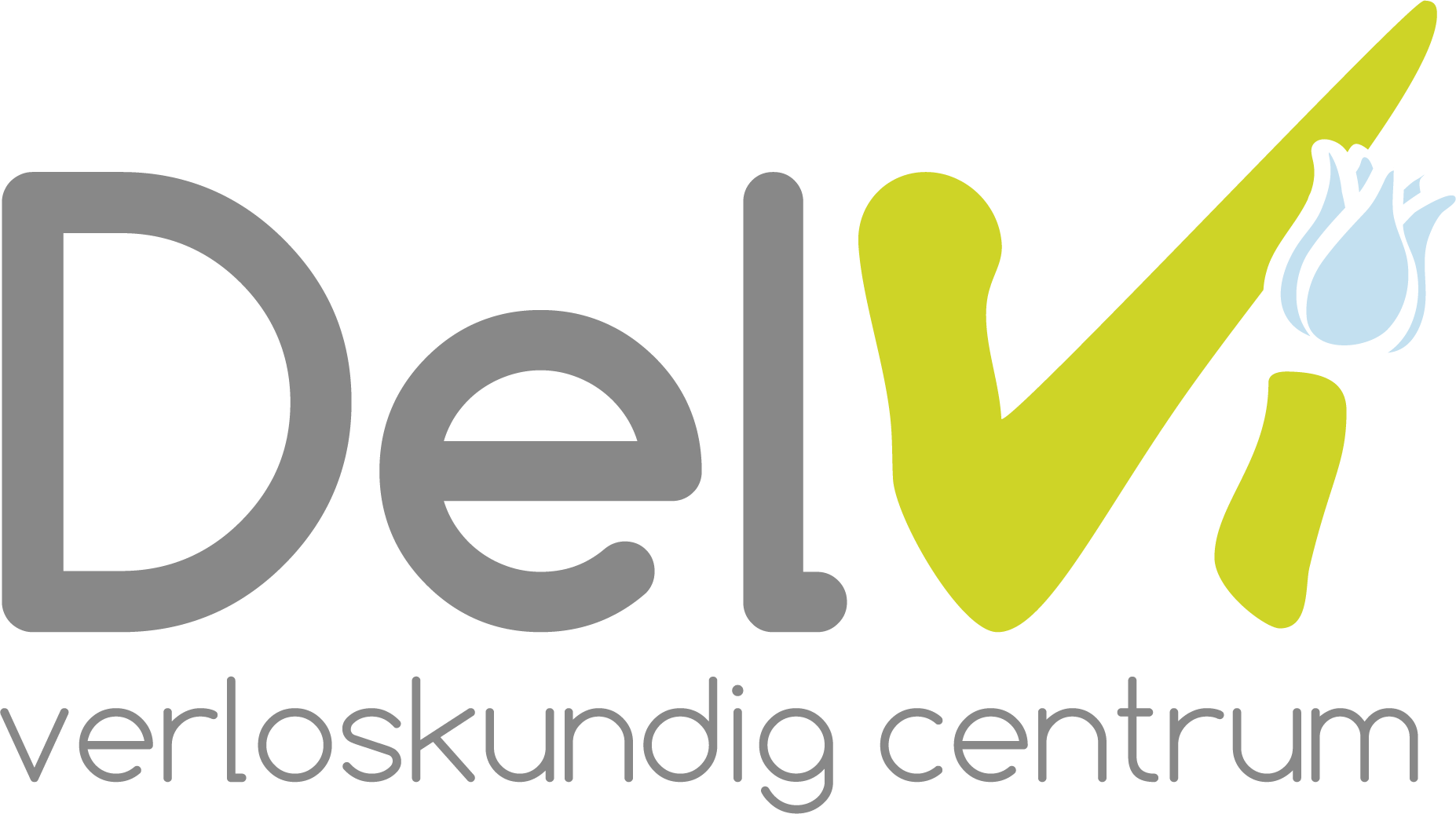Breastfeeding
Breastfeeding is a matter of supply and demand: The more you let the baby drink at the breast, the more milk your body will produce.


Anette Luime
In DelVi Midwifery Centre we work together with Annette Luime, lactation consultant and coach.
You can contact Annette for breastfeeding workshops during pregnancy, questions about breastfeeding, personal advise specific to your needs, advice for breastfeeding problems (consultation) and for the rental or purchase of breast pumps.
Very best nutrition
Breast milk is the best food for your baby.
- It contains antibodies to fight infection;
- It protects against COPD;
- It is easily metabolized and made specifically for your baby’s intestines;
- Sucking on the breast is good for the development of the jaw and satisfies the sucking reflex most effectively;
- It stimulates the contraction of the uterus and reduces blood loss;
- It is cheap, always available and at the right temperature.
Guideline
Guideline for breastfeeding
- Put the baby on the breast within one hour of the birth;
- Let the baby drink as often as it would like on both breasts in the first few days. Minimum of 6-7 times per 24 hours;
- It is important that you latch your baby well from the start of breastfeeding. Ask for help with this, also if you are in the hospital;
- If the baby is latched well, then feeding should be painless. Sometimes the initial latch can be painful;
- It is best to let the baby detach itself when it has had enough, after this – offer the other breast;
- Baby’s that learn to suck on a bottle teat or dummy/pacifier learn a different sucking technique. Nipple shields can cause less stimulation of the breast during feeding with a possibility of too little milk production. These are not advised in the first few weeks of breastfeeding. Use only after discussing with your midwife;
- Healthy baby’s don’t need any water, sugar water or bottle milk as well as the breast milk. This can cause the baby to less active with breast feeding;
- It is advised to give vitamin K and vitamin D drops to the baby from day 8 after the birth. Vitamin K stimulates clotting in the baby’s blood. Vitamin D prevents rickets by stimulating bone growth. These vitamin drops are available to buy at the drug store or chemist.
- You do not need to have a scale at home to monitor the baby’s growth. Observations will be made of the number of wet nappies/diapers, the color of the poo, if the baby is satisfied and how often the baby feeds. Your Kraamzorg will weigh the baby with her own scale during the first week after the birth.
- Always be careful when taking medicines while you are breastfeeding. Some medicines are passed through to the baby via breast milk and can be harmful. Always ask for advice before using any medicine while breast feeding.
This guideline is important for successful breastfeeding. Try to add here to all the points, even if you are in the hospital for the first few feeds.
